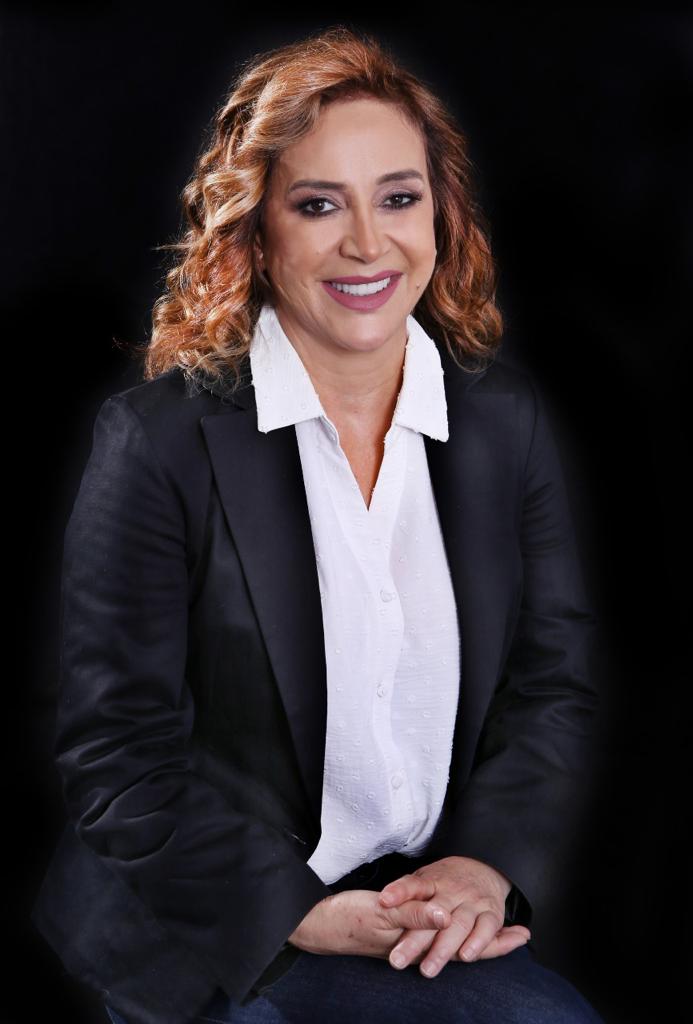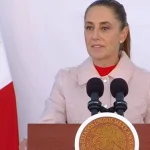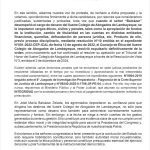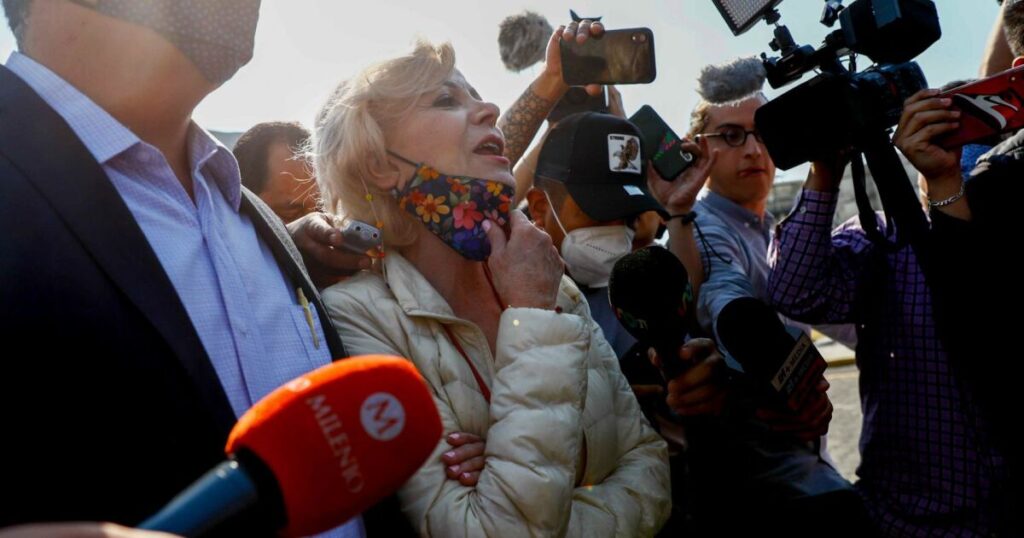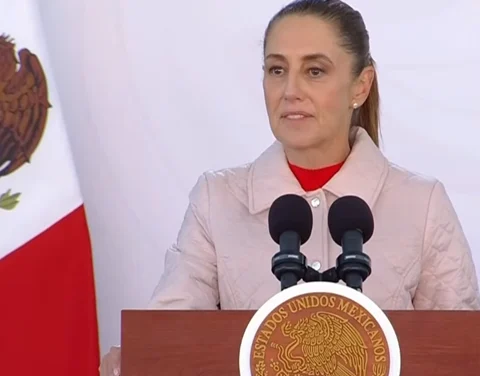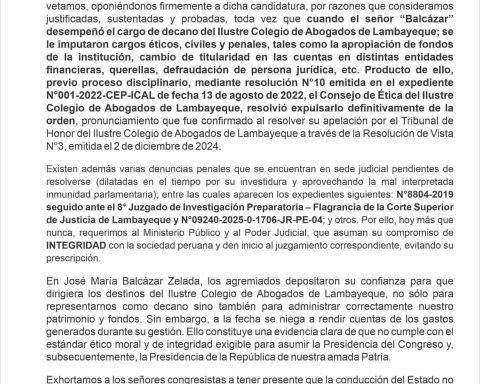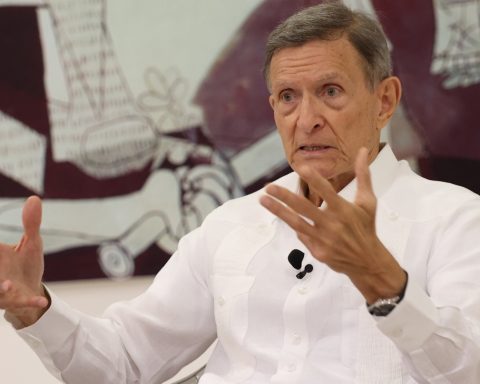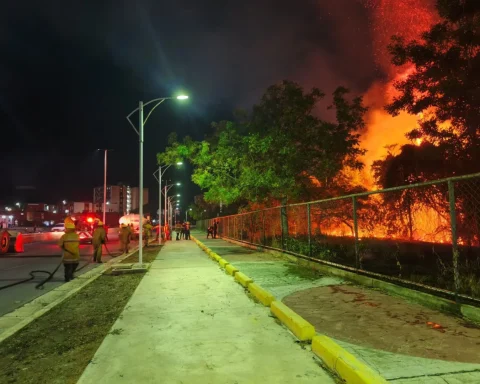Building her path within sociopolitical involvement, Sofía Scheid began her professional path in Encarnación, fully linking herself with political activity to finally promote the construction of a different archetype on how to do politics, currently facing the elections scheduled for 2023.
Far from speaking of a presidential aspiration, as in other cases, Scheid presents himself as an offeror of the plan for a new country model. To do this, she is talking with groups of interested people because they offer a renewed idea about the country’s politics.
“Mine is different from the usual presentation for the presidency because political spaces are normally sought and then the transformation is planned. However, through the discourse and practice of transformation, I am already summoning everyone, with territorial policies and methodology to build a country plan,” Scheid said.
In this way, the main axis of the candidate consists of the digital leverage of public policies and, consequently, the transformation of the state by mainstreaming technology. She explained that this consists of having a comprehensive database, where the quality and effectiveness of health and education can be determined.
“The pandemic showed that education, which had enormous shortcomings at all levels, ended up exposing its weaknesses because we only gave face-to-face classes and when we ended up with virtual teaching, we suffered the consequences of improvisations because technology was not a systemic part of the education sector,” he said.
For this reason, it places particular emphasis on the reinforcement of technology, highlighting that advances in various sectors of the country are related to technological leverage. Within this aspect, even the health and safety system could go through a favorable evolution.
“If I do not have a comprehensive information system that determines the intervention in the territories with real-time results, I cannot make effective and innovative decisions, also thinking of a lower cost within the budget,” he asserted.
Thus, the new education will be leveraged through technology, with quality, management and capitalization of learning processes. At the point, the professional argued that the academy, the market and the state will constitute the essential tripod for the transformation in the Government.
THE FAILURES
“We have a government of the obvious: obviously they had to provide health, education and security, but since it was not a sustainable and sustainable model, due to the patronage and prebendary model, it was not successful. All the interventions of public regulations came from the political parties”.
For politics, the reasons for the great shortcomings and exclusions that we have from social rights, such as quality education and health, are found. Scheid also highlighted that the project can be presidential or vice-presidential, having a country within a patchwork situation, which asks groups for some alternatives, thus demonstrating the possibility of carrying out the plan from any position.
In this regard, he believed that it cannot be said that the project is unfeasible only due to lack of investment, since planning for the expected great leap is decisive when it comes to carrying it out.
“We see that there is a very poor public education with a large number of failed schools, but how will they be in that situation if we had real-time data for their subsequent solution?”, he remarked, demonstrating that the projects must be carried out on concrete facts to then refer them to further planning.
For Scheid, there are people who believe in obtaining votes solely through the base of the discourse and the patchwork model, leaving aside a great national plan, offering technological leverage within the transformation process.
“This is not about Sofia, nor about a political tent, it consists of a project that should unite and excite us all, until reaching political power because there is no other way to do it than by participating and getting involved,” he observed.
